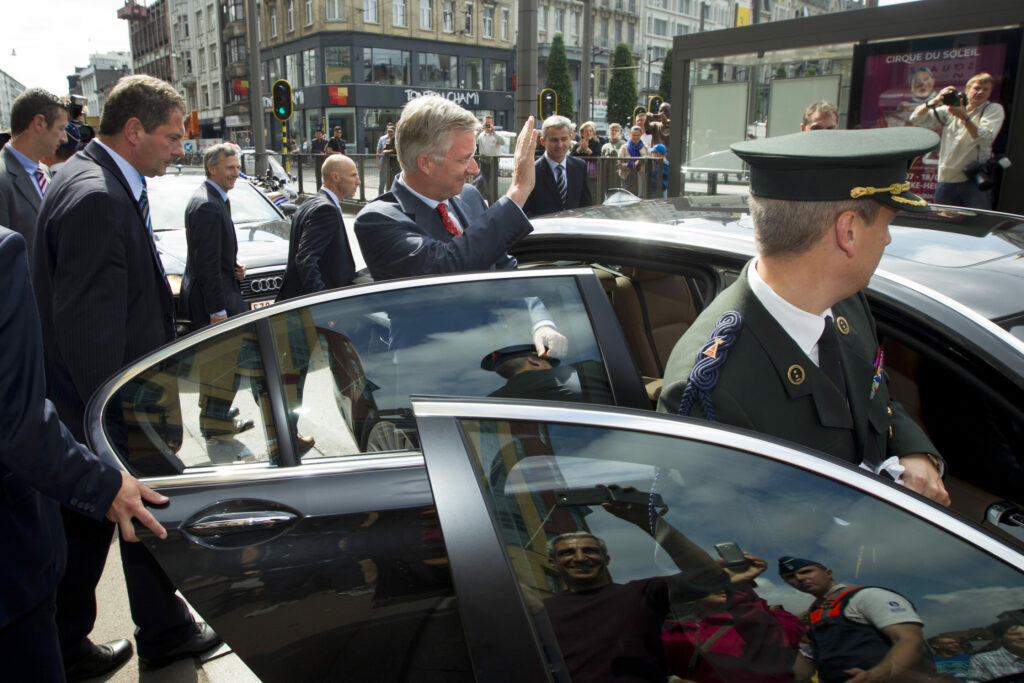An additional 60 people have been put under police protection in the first half of this year, bringing the total number of people needing additional protection measures to 157.
During last weekend's attack on the former US President and official Republican nomination for the November 2024 elections, Donald Trump, it took mere seconds for the many private security guards around him to form a human shield. This raises questions about how politicians and other key figures in Belgium are protected.
In Belgium, the police – more specifically the so-called Directorate of Protection of the Federal Police – are responsible for the security of people who are threatened in the exercise of the position they hold. This includes politicians, but also police officers, magistrates and judges, among others. The National Crisis Centre (NCCN) decides who needs this form of protection, and what measures will be taken.
The Coordination Body for Threat Analysis (OCAD) and the Federal Police first carry out an analysis, after which the NCCN draws up specific measures for each file and for each person involved and monitors their implementation in cooperation with the police forces.
During the first half of 2024, the agency opened 33 new protection files for a total of 60 people who were threatened, bringing the total number of open files to 95, concerning 157 people in the country. No information is released on who is receiving protection. Overall, the number of new files remains fairly constant, except in 2021, when a spike was recorded in the context of Sky ECC phones used by drug gangs being cracked.
Private bodyguards are sometimes used in the country to guard diplomats, famous people or business leaders.
Direct police contact to safe house
Not all protection measures are this drastic – ministers in Belgium do not have a bodyguard with them at all times. But when politicians are guarded, the police officers protecting them are armed and can take out someone causing a physical threat.
Overall, through interventions in the living environment, efforts are made to maximise risk avoidance (for example, by avoiding certain places). "Then, additional protective measures are put in place. The measures may or may not be visible, preventive or reactive," the NCCN explained.
Depending on the threat, they range from a permanent contact with the local police or counselling to continuous surveillance or the permanent presence of police services near the home or workplace. In some cases, certain places are closed off, for example, the streets and Metro station around the Schuman roundabout during EU summits in Brussels.
Only in very exceptional cases are measures far-reaching such as close protection or even lodging people in a safe house. At the end of 2022, former Federal Justice Minister Vincent van Quickenborne (Open VLD) stayed in such a shelter for more than a month after a car containing firearms was discovered outside his house.
Related News
- Hostage taking: Does the EU need a common strategy for rescuing European citizens?
- No such thing as 'fair trade cocaine', says Belgium's Drugs Commissioner
Meanwhile, Marc Van Ranst – the man who helped the country decide on Belgium’s Covid-19 measures – and his family were put in a safe house after investigations showed career soldier Jürgen Conings, who was sought by police in Belgium for weeks, had been hanging around his house.
Sharpshooters, like the ones seen on the roof behind Trump's speakership when he was targeted, are very rare in Belgium, and are only used in "extreme cases".

